The International Criminal Court (ICC) on November 21 issued arrest warrants for Netanyahu and Israel's former defense minister, as well as a Hamas leader, Mohammed Deif, on charges of war crimes and crimes against humanity during the conflict in Gaza.
Hungarian Prime Minister Viktor Orban told state radio that the ICC arrest warrant was wrong and said the Israeli leader would be able to hold talks in Hungary "in full safety".
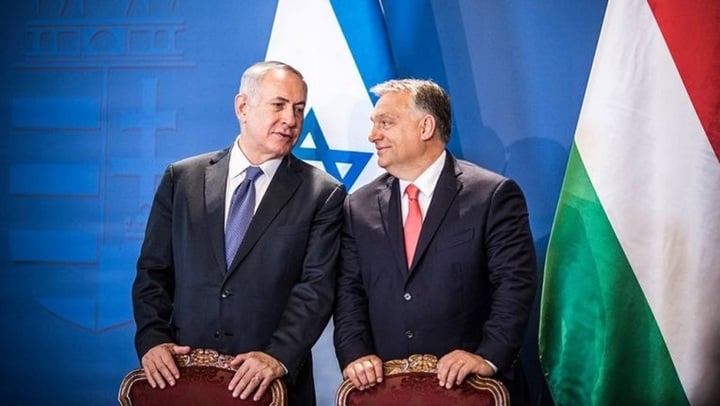
Israeli Prime Minister Netanyahu and Hungarian Prime Minister Orban. (Photo: About Hungary)
"Today, I will invite the Israeli prime minister, Mr. Netanyahu, to visit Hungary and in that invitation, I will guarantee that if he comes, the ICC verdict will not be valid in Hungary and we will not abide by its content," Mr. Orban said.
Since Mr Orban and his Fidesz party came to power in 2010, the Hungarian leader and Mr Netanyahu have built a close political relationship. Mr Netanyahu visited Budapest in 2017.
Israeli leaders and the White House strongly condemned the ICC's decision, while EU foreign policy chief Josep Borrell said the arrest warrants were not political and all EU member states should respect and implement the court's decision.
Within the EU, Hungary and the Czech Republic are strong supporters of Israel, while countries such as Spain and Ireland have stressed their support for the Palestinians.
The Czech Foreign Ministry, responding to the ICC's decision, said Prague would respect its international legal obligations. However, Czech Prime Minister Petr Fiala called the ICC's decision "regrettable."
124 countries, including all 27 members of the European Union, including Hungary, are parties to the Rome Statute, the United Nations treaty that established the International Criminal Court. If an arrest warrant is issued by the ICC, entering countries that are parties to the Rome Statute puts them at risk of arrest.
The ICC arrest warrant is a significant move by the international court in seeking to arrest a world leader.
"This sends a very strong signal against exceptions, a very strong signal to all parties about adherence to international humanitarian law, international criminal law and above all, protecting the rights and safety of civilians," David Scheffer, former ambassador-at-large for war crimes issues in the Clinton administration and a senior fellow at the Council on Foreign Relations, told NPR.
Source: https://vtcnews.vn/phan-doi-lenh-bat-cua-icc-hungary-moi-thu-tuong-israel-tham-chinh-thuc-ar909059.html






![[Photo] Prime Minister Pham Minh Chinh chairs conference on anti-smuggling, trade fraud, and counterfeit goods](https://vphoto.vietnam.vn/thumb/1200x675/vietnam/resource/IMAGE/2025/5/14/6cd67667e99e4248b7d4f587fd21e37c)

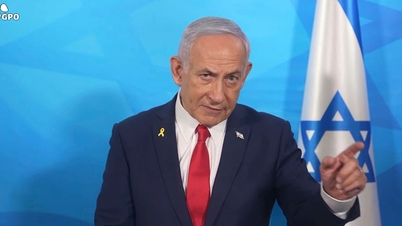





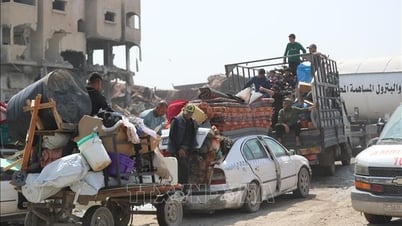

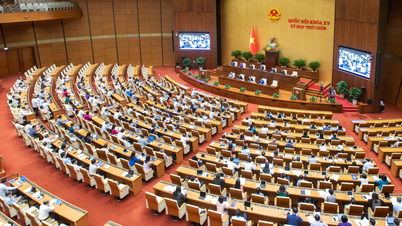

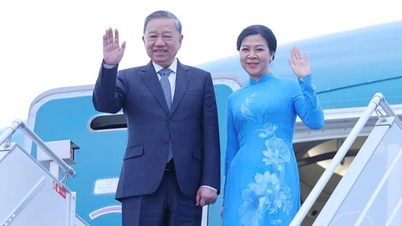













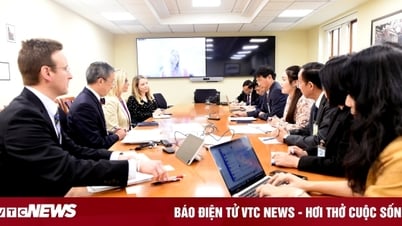

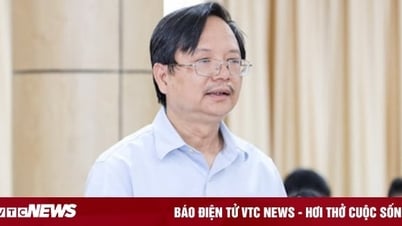































































Comment (0)